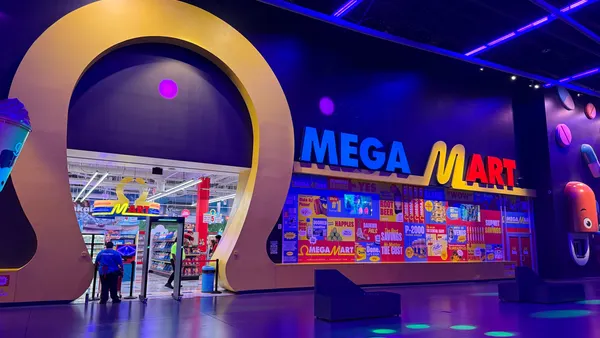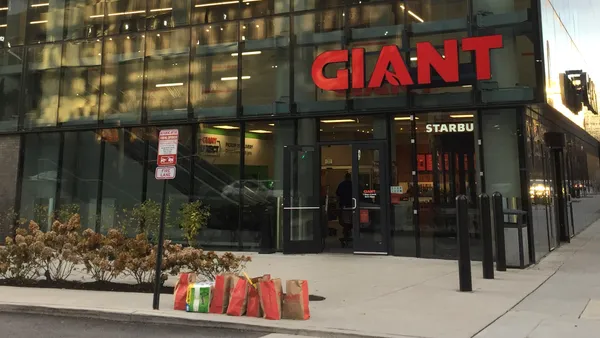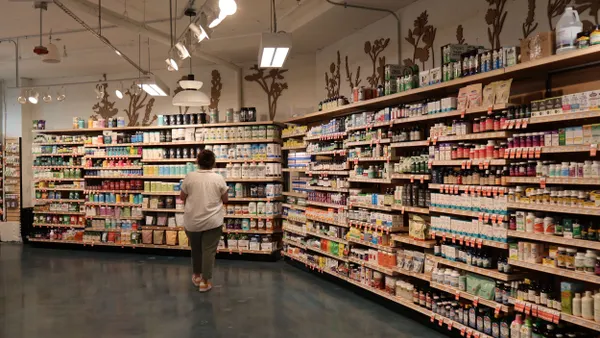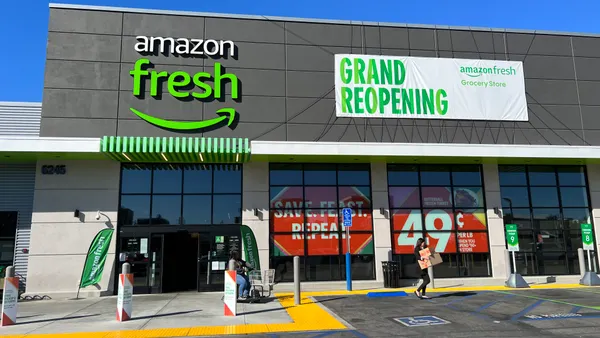Bananas, the world’s favorite fruit, are produced in more than 100 countries. And although they’re already naturally packaged and a convenient snack, the iconic yellow fruit is becoming a popular ingredient in processed and packaged foods. At face value, this might seem like a short-lived trend, but bananas have staying power. Despite threats of extinction and being overshadowed by so-called superfoods, bananas are a household staple, with an average of 27 pounds consumed per person annually in the U.S. They also add flavor, texture and nutritional value to snack and health foods.
Part of the plant-based movement
Whether vegan, vegetarian or the newly coined term "flexitarian" (meaning those who increase their plant-based foods without totally eliminating animal products), plant-based foods are on the rise. In 2017, sales reached $3.1 billion, a rise of 8.1% from the previous year. And while bananas might not be a meat alternative (yet), there’s increasing interest in them as a dairy alternative in frozen desserts.
According to Nielsen data, non-dairy products grew 20% from 2016 to 2017—and that’s excluding milk products. With 58% of adults consuming non-dairy milk, those same customers would most likely be interested in non-dairy desserts, too.
Andrew Kinnear, co-founder of Froba Products Ltd., the makers of Yellofruit, a non-dairy, frozen banana dessert, says "Although Yellofruit is vegan-certified and organic, it definitely has mass appeal. Everyone likes bananas."
Bananas are a big opportunity
Considering that bananas are one of the world's leading fruit crops—number five in economical value—their use as an ingredient is minimal. And when it is, it usually makes up less than 30% of a product. Rarely celebrated for its nutritional value, the banana is actually a great source of vitamins, fiber and antioxidants, meaning that it is a great addition or base for health foods.
"Along with a few key ingredients and a little science, the bananas in Yellofruit help make our frozen dessert just as creamy as ice cream," says Kinnear. "Bananas are the perfect alternative to dairy milk and aren’t chalky or dry when frozen, like some nut or coconut milks."
Using bananas in packaged foods is also an opportunity to reduce food waste. Up to 40% of bananas don’t make it beyond the farm because they aren’t the right size or color. For instance, more than 100,000 tonnes (110,231 tons) of bananas are wasted every year in Queensland, Australia, alone. So-called ugly or imperfect bananas don’t make the cut for export to grocery stores, but that doesn’t matter for banana-based food products.
"We use banana puree in Yellofruit, so it's not important what our bananas look like," says Kinnear.
Banana products that are trending
Besides frozen banana desserts, which have almost become their own category, bananas have been turned into energy bites and bars, dried fruit chips, jam, gluten-free flour and banana sauce (like ketchup and a staple in the Philippines), among others. Bananas are also a key ingredient in new granola bars, cookies, chocolate and cereal products.
"We think bananas are the future," says Kinnear. "They’re certainly the future for Yellofruit."









